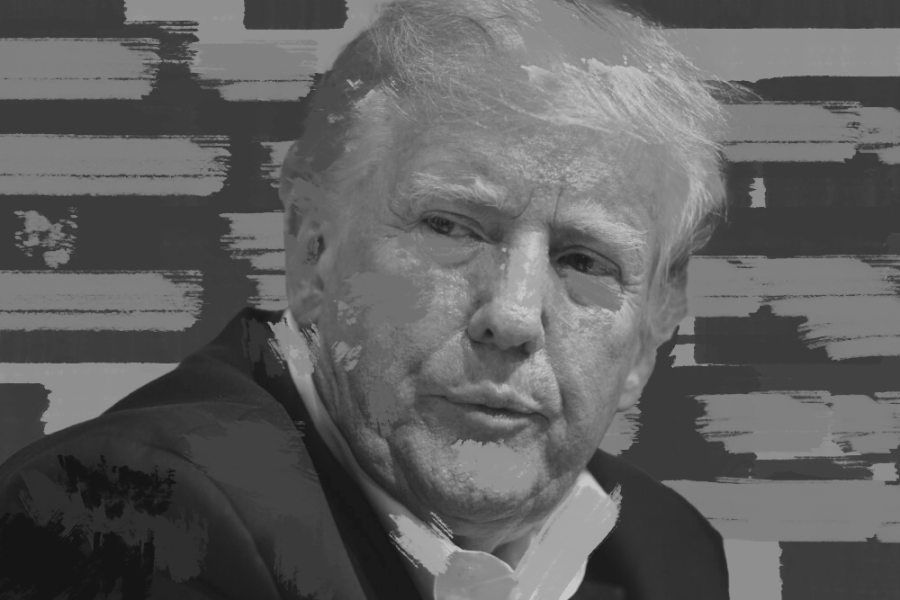How Do You Prosecute a Former President?
The recent indictment of former president Donald Trump and its subsequent media coverage elicited a varied response from the American public, sparking praise from left-wing contributors and protests from Trump’s supporters.
College-age students, who largely compose the youngest voter age demographic, have been particularly split not only on the possible outcomes of the case itself, but what it may mean for Trump’s voter base and the GOP. Some, such as Political Science Club President and Fourth-year Political Science major Maire Rock, believe that the unprecedented nature of the indictment makes it difficult to predict what reactions it may inspire.
“I think a lot of people are believing that his lawyers will get him off on a technicality, because he does have the money to throw at this case. If he gets off I think there will be disappointment, but not a lot of surprise,” Rock said.
The indictment also comes at a crucial moment in the election cycle as many politicians, including the former president, announce their intentions for campaigning. Rock anticipates other political candidates from both parties using the fallout of the indictment ruling to try to rally voters behind them. Similarly, Professor and Chair of the Communication and Media Department Caitlin Carlson foresees the indictment uniquely influencing the landscape of the Republican primaries.
“I think a criminal charge or conviction is helping would-be challengers for the Republican nomination feel more confident about coming out against former president Trump,” Carlson wrote to The Spectator.
Treasurer of the Political Science Club and Second-year Political Science major Gabi Muña believes that the GOP will use the perpetuation of Trump’s presence in the press to rile up their voter base.
“The GOP is framing the indictment as a ‘witch hunt,’ basically saying that the Democratic Party doesn’t respect the rule of law and is manipulating the justice system to make political moves. That appeals to both the core, further right Trump voter base and the more center-right, institutional Republicans who tend to support ‘law and order’ rhetoric,” Muña wrote.
Similarly to his initial campaign in 2015, the former president is positioning himself as an outsider taking on the political machine. Following the indictment, Trump sent out a blistering statement in all-caps.
“THE RADICAL LEFT DEMOCRATS HAVE CRIMINALIZED THE JUSTICE SYSTEM. THIS IS NOT WHAT AMERICA WAS SUPPOSED TO BE,” Trump said on his social media app.
Whether voters are receptive to this messaging a second time around is up for debate. While a core base of supporters continues to rally around the president, he has yet to capture the appreciation of those outside of the MAGA bubble. According to a CNN poll released April 3, 58% of Americans have an unfavorable opinion of Trump.
However, at this point it seems that there is no Republican challenger to Trump who has captured a strong base of support. The former president leads his closest Republican opponent Ron DeSantis by 23% according to FiveThirtyEight, and the Florida governor hasn’t even declared yet.
It is clear that whatever legal ramifications follow from the indictment, even greater political waves are already being made. Whether the 45th president is able to trump his legal opponents will depend on the strength of his legal team. However, whether he is able to convince the American people that he is worthy of a second term will depend a great deal more on the rhetorical abilities of the candidates themselves.











